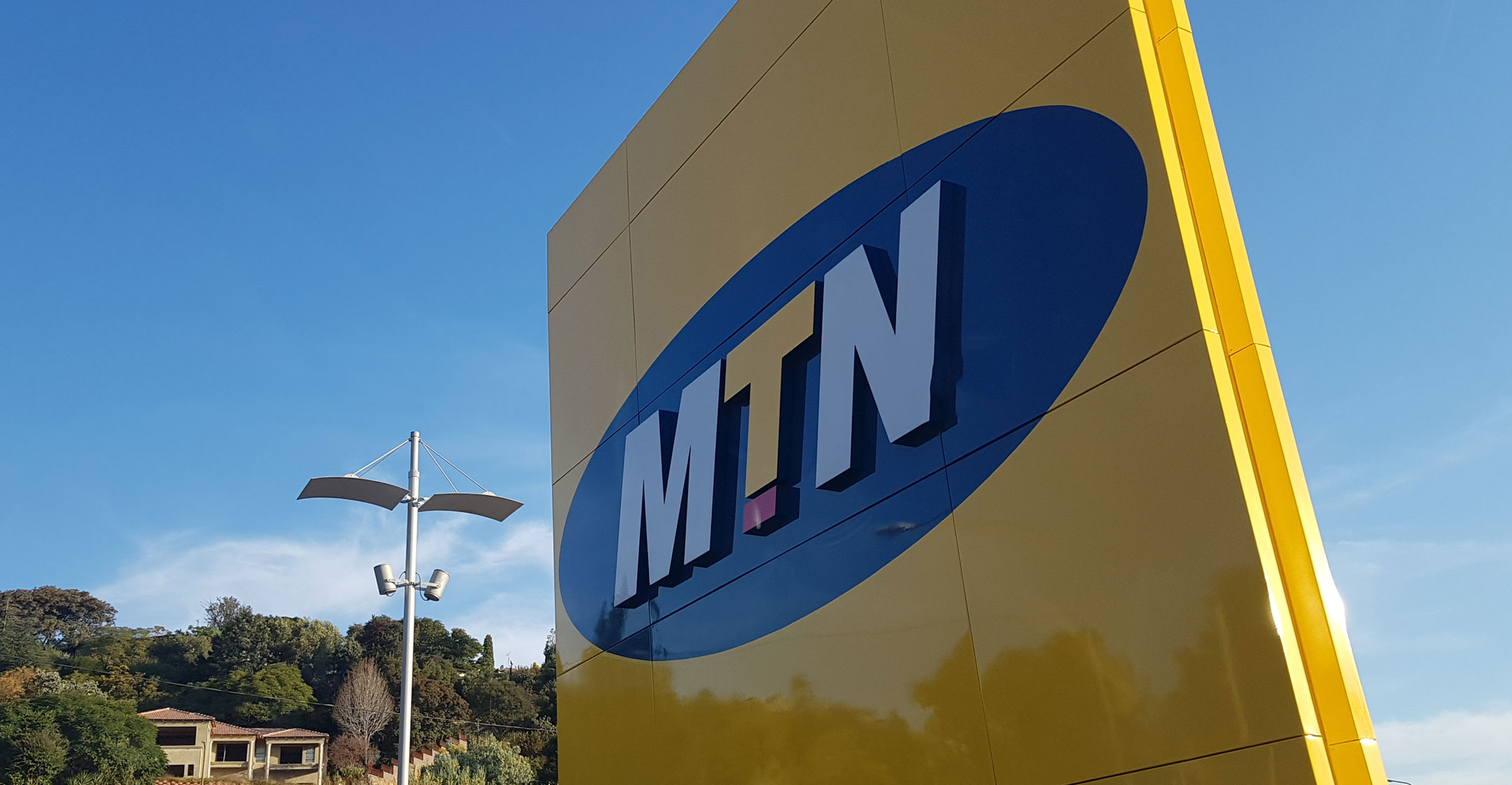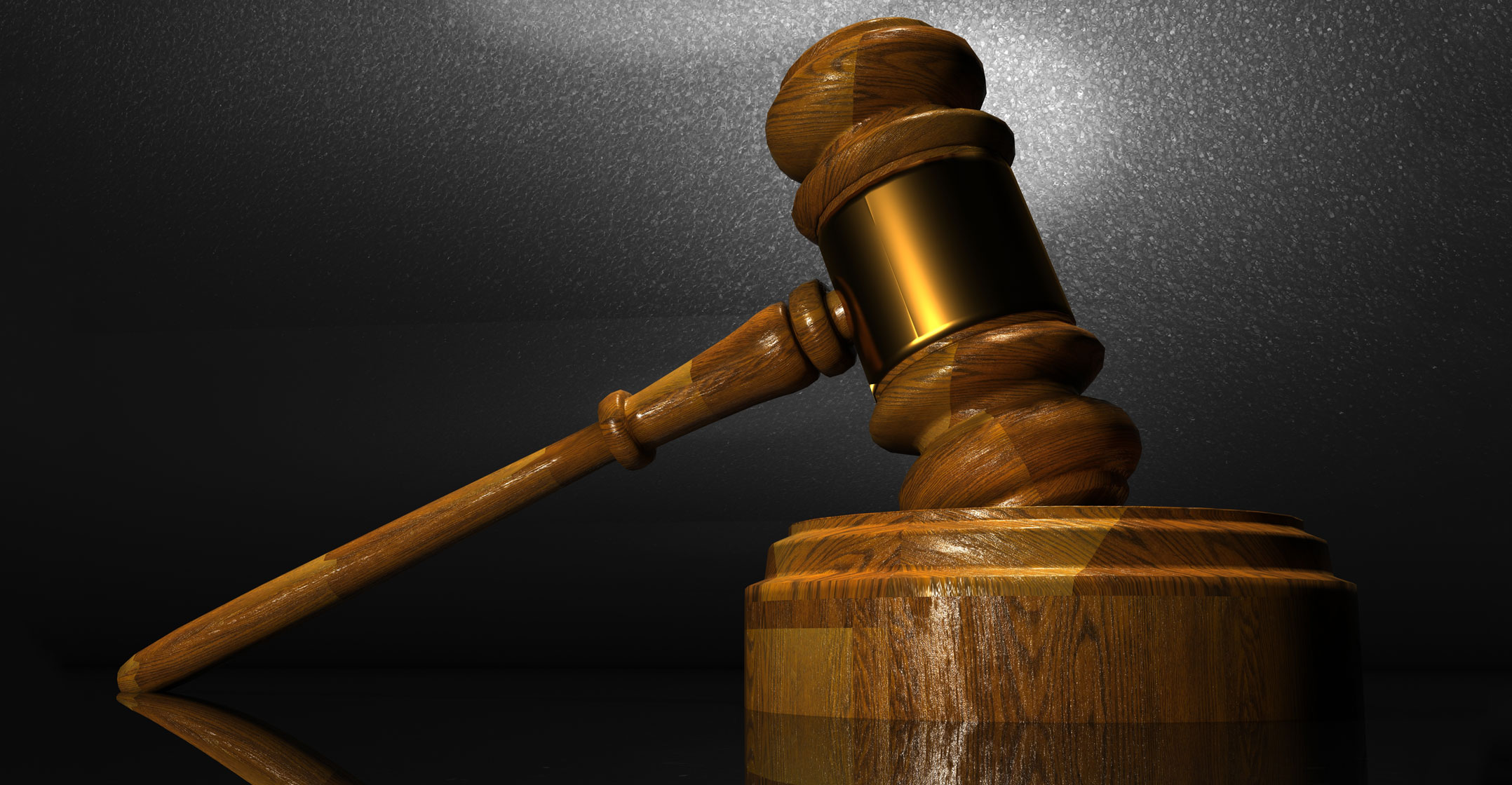
MTN Group has moved to have Turkcell’s US$4.2bn (R59bn) lawsuit against it thrown out by the high court in South Africa, arguing, among other things, that several previous attempts by its rival, in other forums, to seek redress against the Johannesburg-based mobile operator have failed.
MTN on Monday afternoon served papers on Turkcell in which it sets out several special pleas. In the pleas, it argues that the court should not entertain its rival’s claims. If these pleas are not successful, the group has vowed to fight the case in South Africa’s courts on its merits, arguing it did nothing wrong in securing an operating licence in Iran.
The dispute between the companies dates to 2005. Over the years, Turkcell has accused MTN of paying bribes to secure an operating licence in Iran in November 2005. MTN owns 49% of MTN Irancell, that country’s second mobile network operator. Turkcell has claimed it lost out to MTN after the latter paid bribes and other inducements to secure the lucrative stake. Iran is one of MTN’s most important markets, alongside Nigeria and South Africa.
Turkcell first filed papers in the high court in South Africa in November 2013. In May 2017, the court agreed to hear the matter. The company is also seeking damages from former MTN Group CEO Phuthuma Nhleko (now its nonexecutive chairman) and former director Irene Charnley. Both Nhleko and Charnley are expected to file separate pleas in the matter this week. MTN is represented in the case by Webber Wentzel; Nhleko and Charnley have separate legal counsel. Both executives were intimately involved in the negotiations with the Iranians to secure the Irancell licence.
Previous attempts by Turkcell to resolve the matter through international arbitration have failed. The company approached the South African courts after a legislative change affected the jurisdiction of a US court from which it had earlier sought relief. It alleged in its application to that court that MTN had conspired with Iranian officials to oust it from the successful consortium that bid for the licence and take its place by promising to use its influence with the South African government so it could procure defence equipment and garner support for its nuclear development programme at meetings of the International Atomic Energy Agency.
Hoffmann Committee
Turkcell’s legal challenge comes despite the findings in 2013 of the Hoffmann Committee, appointed by MTN in 2012, which cleared the South African group of wrongdoing in Iran. That committee, chaired by South African-born former senior British jurist Leonard Hoffmann, found there was no conspiracy between MTN and Iranian officials to remove Turkcell from the bidding process. Indeed, the committee found that Turkcell’s allegations were a “fabric of lies, distortions and inventions”.
It cleared MTN, Nhleko and Charnley of wrongdoing. Lord Hoffmann found that MTN made no payments to South Africa’s then ambassador to Iran, Yusuf Saloojee, and neither Nhleko nor Charnley authorised former MTN Irancell director Chris Kilowan to promise him anything, as Turkcell had alleged. Kilowan’s allegations form the basis of Turkcell’s claims, but the committee found his evidence to be “unreliable”.

In a statement in June, Turkcell’s executive vice president for legal and regulatory affairs, Serhat Demir, said: “We are delighted that the case is finally coming to trial in South Africa. We believe we have a very strong claim. The South African courts will be able to evaluate the huge amount of evidence we have to support our claim that MTN went to extraordinary lengths to take Turkcell’s rights to the Iranian GSM licence unlawfully.”
MTN’s group chief legal officer, Michael Fleischer, told TechCentral late on Monday that the group has no interest in seeking an out-of-court settlement with Turkcell, adding that there’s no merit to the claims.
The group’s filing on Monday, through the law firm Webber Wentzel, seeks to have the case dismissed. Among other things, it contends that the case violates the act-of-state doctrine in that it calls on a South African court to pass judgment on the decisions of the Iranian government and Iranian state-owned enterprises. In its filing, MTN argued that it is not permissible for a South African court — or any other court outside Iran — to pass judgment on what a sovereign state does in its own country under its own laws.
In addition, MTN has argued that the matters Turkcell wants to raise in South Africa have already been litigated extensively in other forums, including in arbitration proceedings at the International Chamber of Commerce and at proceedings convened under a bilateral investment treaty between Iran and Turkey — where Turkcell is headquartered.
MTN said Turkcell is trying to “re-litigate” issues that have already been dealt with in other forums and should not be entertained again by the South African courts. It argued that Turkcell’s claim is “opportunistic, an abuse of the process of the court, baseless and without merit”.
“We will not be bullied, harassed and oppressed in this matter and have every expectation that we will prevail,” Fleischer said on Monday. Turkcell’s legal counsel will be afforded the opportunity to respond to MTN’s filing in the coming weeks. TechCentral has asked Turkcell to comment on the latest developments. — © 2017 NewsCentral Media




